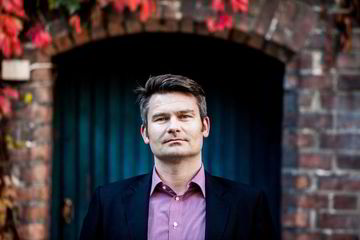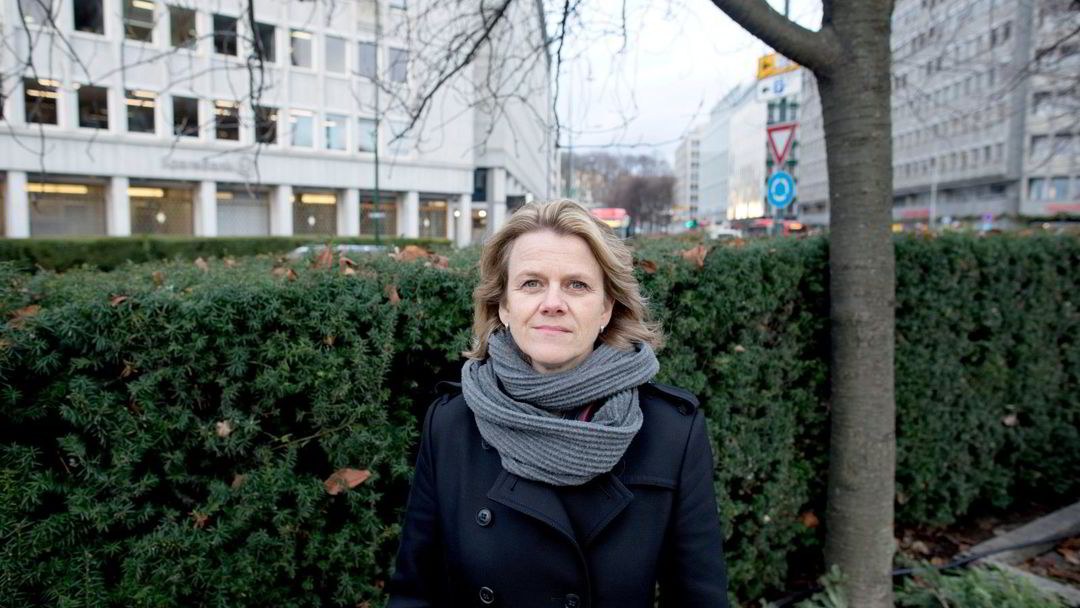While a troubled banking sector threatens financial stability in the US and Europe, central bank governor Ida Wolden Bache will present the year’s second interest rate decision on Thursday. At the same time, she will present a new monetary policy report, which contains an updated interest rate path.
Economics professor Hilde Bjørnland at BI Business School believes Norges Bank should raise interest rates by 0.25 percentage points to 3.0 per cent. She points out that the turmoil in the banking sector is primarily a US problem, which she believes should be solved with stricter regulation from the US authorities.
– I do not think this will spread and become a serious global financial crisis as we saw in 2008-2009. But there is no doubt that the US has a problem with financial stability, and that the authorities must increase the number of banks they monitor through annual stress tests.
– However, the main problem for Norges Bank is still that inflation is not under control. I think Norges Bank should raise interest rates and signal a slightly higher interest rate path, thereby showing that it takes inflation seriously, says Bjørnland.
– Worries me
On Wednesday evening Norwegian time, the US central bank (Fed) will present its interest rate decision. The market is pricing in a predominant probability that the interest rate will be raised by 0.25 percentage points, while there is a small chance that the interest rate will be kept steady. The market will also follow which specific signals the Fed gives about the future interest rate setting.
Just like what the American central bank is doing, the right thing would be for Norges Bank to raise interest rates, Bjørnland believes. She points out that the krone is at its weakest in over a hundred years so far in 2023, which makes imported goods and services more expensive.
The European Central Bank (ECB) has already put pressure on Norges Bank after last week’s surprise interest rate hike of 0.5 percentage points. The interest rate differential between Europe and the US is currently larger than normal, which in isolation has a negative effect on the krone.
– The krone exchange rate worries me more and more. Gradually increased imported inflation via the currency channel will spread in many areas. If the krone continues to weaken, it will create further inflationary pressure, which is unfortunate for both households and businesses, says Bjørnland.
– Should Norges Bank wait to raise interest rates now, there is a risk that inflation expectations will increase, which will be reflected in the upcoming wage negotiations. That will make the fight against inflation far more demanding, says Bjørnland.
– I do not think so
Economics professor Kjetil Storesletten (UiO) advocated in December that the central banks should act much harder. The banking crisis should not stop the US central bank this week, Storesletten believes.
– Is it so bad that very bad banks that have not hedged against interest rate risk go out of business? It is very unfortunate if the risk some smaller banks take limits what the central banks can do. We can well discuss the pace of interest rate changes, but it is important that central banks are free to set interest rates to control inflation and not to keep weak banks alive.
Storesletten believes Norges Bank should follow suit with an increase of 0.25 percentage points. Storeslettens believes that there is a real risk that people and businesses will lose faith in the inflation target of two per cent, if inflation remains high for too long.

Kjetil Storesletten is a former member of Norges Bank’s executive board. (Photo: Gunnar Lier)
In a post, Storesletten writes that wages increased more than productivity last year, which he believes gives reason to fear a wage-price spiral. Storesletten believes the frontline model, where the competitive sector negotiates wage increases first, will only exacerbate the problem, as the sector is doing very well.
– Wage growth is already higher than Norges Bank should be comfortable with. The Fronftfags model is not going to save us, says Storesletten.
– Totally wrong
LO’s chief economist Roger Bjørnstad believes that Storesletten misses the mark completely with his post.
– Storesletten is completely wrong, both in its own understanding of numbers and in its conclusion. Wage growth was lower than the growth in value creation last year. While Mainland-Norway’s GDP increased by 8.5 per cent, total labor costs rose by only 8.0 per cent, says Bjørnstad.
– Also, if it hadn’t been for the frontline model, we would have had even higher inflation, higher unemployment, lower value creation, lower competition and lower confidence in the population. The frontline model has served us well, and is also the solution to the current situation.

LO’s chief economist, Roger Bjørnstad. (Photo: Adrian Nielsen)
– What should Norges Bank do this week?
– The interest rate should at least be kept calm. Now there is also increasing financial unrest internationally, which only strengthens the argument. I fear there is a need for interest rate cuts as well, but I am not a fan of yo-yo interest rates, so I prefer unchanged interest rates.
Bjørnstad has long been critical of Norges Bank’s monetary policy. His main thesis is that increased interest rates are the wrong medicine for an inflation that is “entirely imported from abroad.”
– Increased interest rates create more problems than solutions. After all, there is no domestic inflation, so the interest rate hikes must possibly be justified by the krone’s exchange rate being defended, but it is weak for completely different reasons than the interest rate, says Bjørnstad. (Terms)Copyright Dagens Næringsliv AS and/or our suppliers. We would like you to share our cases using links, which lead directly to our pages. Copying or other forms of use of all or part of the content may only take place with written permission or as permitted by law. For further terms see here.


